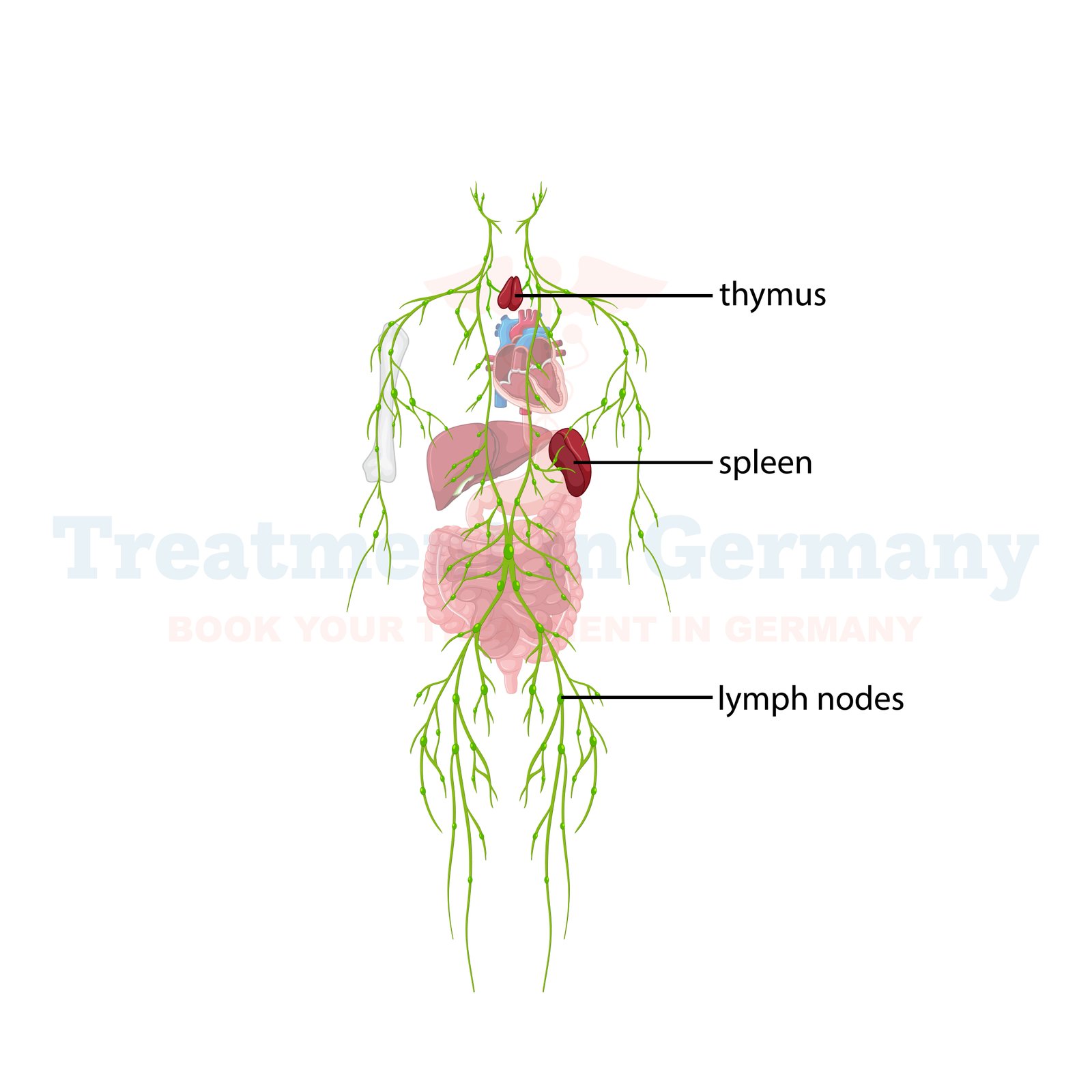What is Sarcoidosis:
Sarcoidosis is a rare inflammatory disease that can affect various organs in the body, most commonly the lungs and lymph nodes. In this condition, abnormal collections of inflammatory cells form lumps, known as granulomas, in affected organs.
The exact cause of sarcoidosis is unknown, but it is believed to involve an abnormal immune response to certain triggers such as infections, environmental factors, or genetic predisposition.
Side effects of Sarcoidosis:
The symptoms of sarcoidosis can vary widely depending on the organs involved. Common symptoms include persistent cough, shortness of breath, fatigue, fever, weight loss, skin rashes, joint pain, and swollen lymph nodes.
In some cases, sarcoidosis may cause serious complications such as lung scarring, eye inflammation, heart problems, and neurological issues
How is Sarcoidosis diagnosed?:
Diagnosing sarcoidosis can be challenging as it mimics other diseases and its symptoms can be nonspecific. The diagnosis usually involves a combination of medical history, physical examination, imaging tests (such as X-rays, CT scans, or MRI), and laboratory tests (including blood tests and biopsy of affected tissue).
A thorough evaluation by a specialist, such as a pulmonologist or rheumatologist, is essential for accurate diagnosis and treatment planning.
Potential treatments of Sarcoidosis:
Treatment for sarcoidosis depends on the severity of symptoms, organs involved, and individual patient factors. In many cases, sarcoidosis resolves on its own without treatment, especially if the symptoms are mild.
However, some patients may require medications to relieve symptoms, suppress inflammation, and prevent complications. Commonly prescribed medications include corticosteroids, such as prednisone, which help reduce inflammation and suppress the immune system. O
ther immunosuppressive drugs, such as methotrexate or azathioprine, may be used for patients who do not respond to or cannot tolerate corticosteroids.
In addition to medication, lifestyle modifications, such as quitting smoking, maintaining a healthy diet, and avoiding exposure to environmental triggers, can help manage sarcoidosis symptoms and improve overall health.
Regular monitoring and follow-up with healthcare providers are important for patients with sarcoidosis to ensure optimal management of the condition and early detection of any complications.
Seeking Treatment in Germany:
Germany is renowned for its advanced healthcare system and expertise in treating rare diseases like sarcoidosis. Patients seeking treatment in Germany can benefit from access to state-of-the-art medical facilities, multidisciplinary teams of specialists, and cutting-edge research developments in the field of sarcoidosis.
German healthcare providers prioritize patient-centered care, focusing on personalized treatment plans tailored to individual needs and preferences. Patients can expect thorough evaluations, comprehensive diagnostic testing, and collaborative decision-making with healthcare professionals to achieve the best possible outcomes.
👉 Contact us for further information and receive acomplimentary consultation.


.webp)
 (1).webp)

.webp)
 (1).webp)


.webp)
 (1).webp)

.webp)
 (1).webp)
